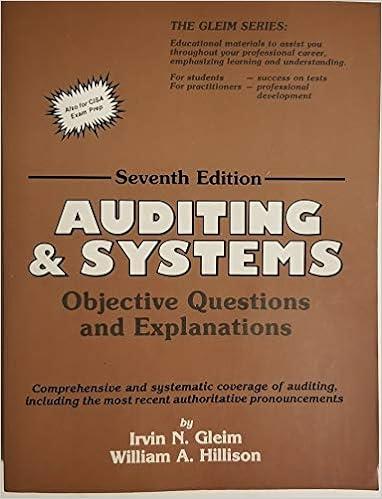Question
Problem 1. A, B, and C are co-owners in equal shares of a one-hectare rural land, the adjoining owner to which are D and E,
Problem 1. A, B, and C are co-owners in equal shares of a one-hectare rural land, the adjoining owner to which are D and E, the latter owning the smaller area. A donated his share of the land owned in common to X who is a rural land owner. Upon proper notice of the conveyance, B, C, D, and E sought to exercise the right of legal redemption over the share conveyed. Who among them, if any, should be preferred? Why? (See Art. 1619).
Problem 2. Fidela Legaspi v. Court of Appeals, et al. L-39877, Feb. 20, 1976 FACTS: An urban lot, owned by a certain Pestejos, was sold to a certain Aguilar, an adjacent lot owner, although another adjoining lot owner, Legaspi, had offered to buy the same lot. Legaspi was interested in the purchase of Pestejos lot, because a portion of her (Legaspis) house was standing on a part of Pestejos lot. After the sale to Aguilar, Legaspi tried to redeem the lot by offering a reimbursement of the purchase price. The offer was refused. Issue: Should redemption by Legaspi be allowed?
Problem 3. A owes B. B assigns the credit to C. B is in good faith. It was agreed that B would be responsible for As solvency. The parties did not agree on the duration of the liability. If the debt was due Jul. 6, 2019 and the assignment was made Aug. 8, 2019, until when is the guaranty? (See Art. 1629
Step by Step Solution
There are 3 Steps involved in it
Step: 1

Get Instant Access to Expert-Tailored Solutions
See step-by-step solutions with expert insights and AI powered tools for academic success
Step: 2

Step: 3

Ace Your Homework with AI
Get the answers you need in no time with our AI-driven, step-by-step assistance
Get Started


